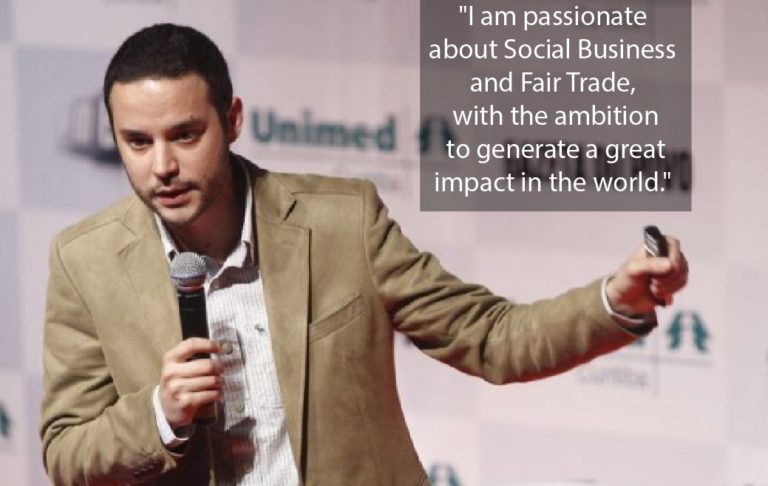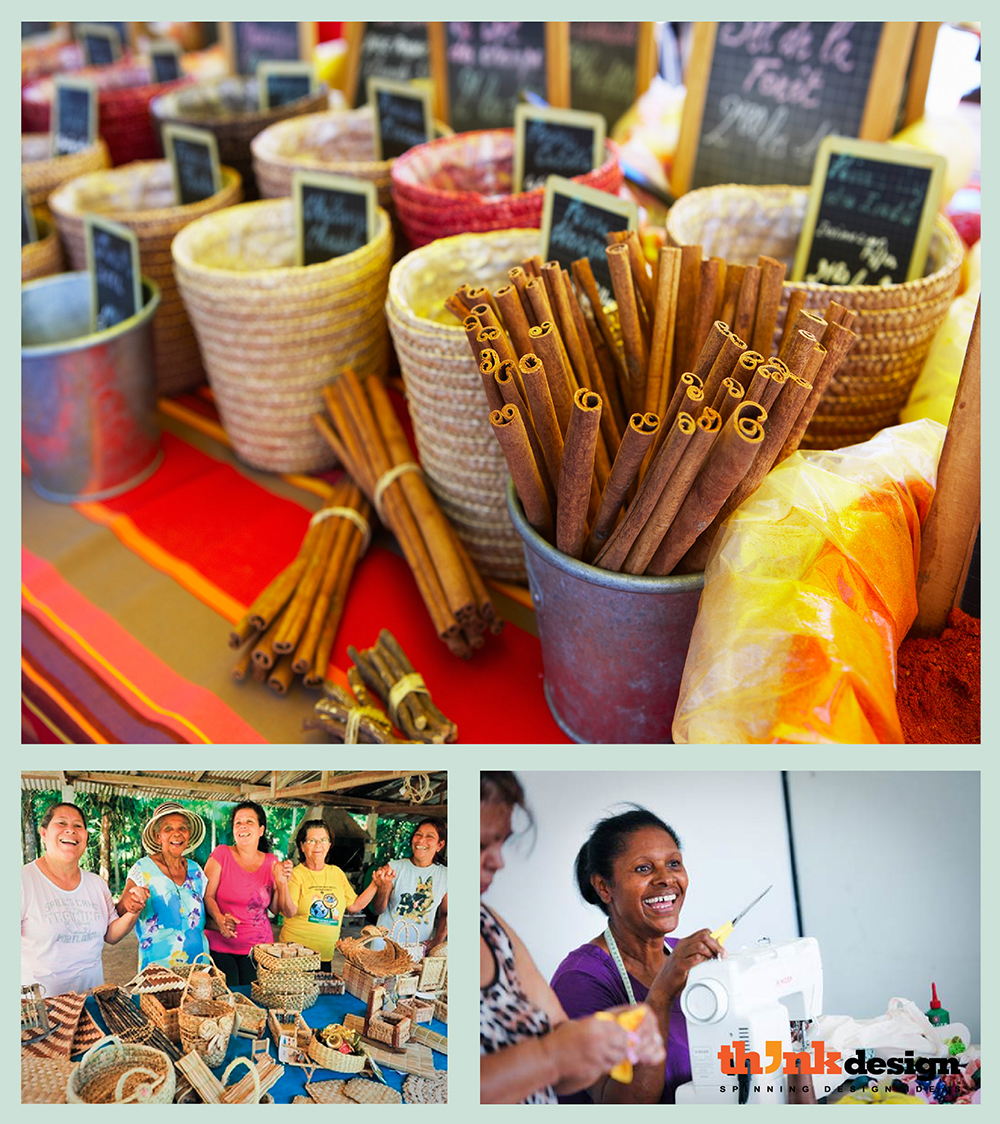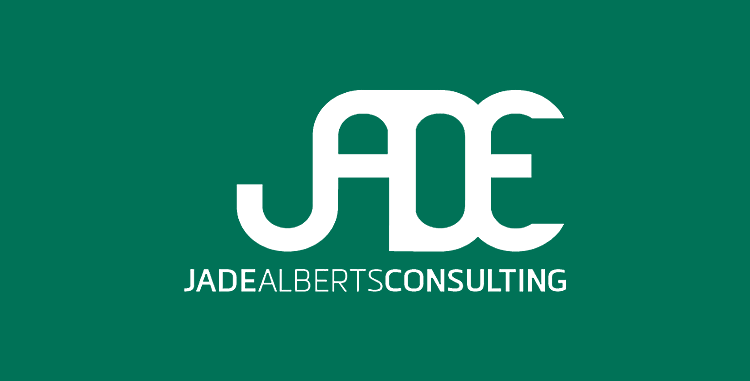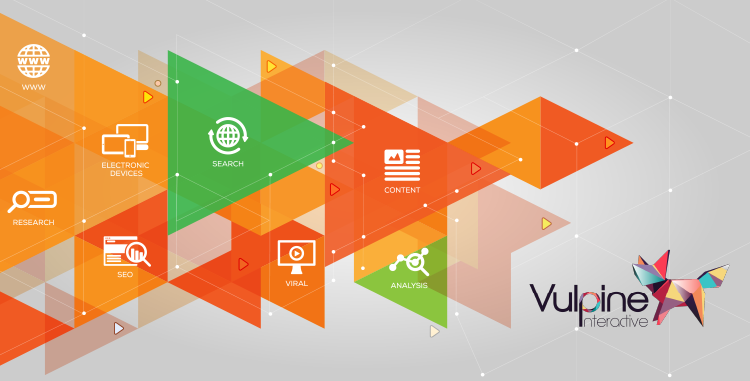EntrepreneurSpotlight! Millennial Tiago Dalvi @ Solidarium

Image Source: Morana Bozic/istock.com
Our social entrepreneur of the month, Tiago Dalvi, helps “… fight poverty by connecting local producers with major retailers through an innovative and inclusive network.”
Who is Tiago Dalvi?
A native of Brazil, Tiago Dalvi is a business school graduate who wanted to make a difference. He got a jumpstart in the non-profit environment when he began to work with the Entrepreneurial Alliance in Brazil, and realized the plight of struggling artisans, most of whom lived below the poverty line. They had the talent, but lacked the business acumen to be able to sell their products to the mass markets.
Find out ways in which social entrepreneurs can support the local community.
“Most of these artisans used to live in a local bubble,” Dalvi told Triple Pundit. “They sell their product in their community and in street fairs, but they have no idea how to sell their products outside of these communities.”

Solidarium Overview
Living in Curitiba, PR – Brazil, Tiago Dalvi created an organization, Solidarium, in 2007 to encourage the creation of new products, and to promote them through well-known design studios. The network helps identify and qualify non-food local producers through shared technologies to increase production. They call this operational method the “Decentralized Fair Trade Industry”.
Solidarium works with major retailers in the US, such as Walmart and JC Penney, to create a greater scale of distribution than the Fair Trade Industry is able to do. Dalvi states, “I am passionate about Social Business and Fair Trade, with the ambition to generate a great impact in the world.”
Solidarium aims to create a network for distribution which helps bring together the handmade product market and connects it to the rest of the world.
Why is There Need for Such an Enterprise?
An estimated 23% of Brazil’s total population survives on less than $2 per day! This is well below even the minimum wage level in developed countries. Another 2 billion people or more around the world live in similar conditions, with hardcore poverty and limited resources, unable to improve their situation. The marginalization of the market forces and the exploitation of their vulnerabilities creates a market that is unable to compete globally at any level, giving rise to the need for organizations such as Solidarium.
The Core Value of Solidarium
Solidarium connects local Brazilian artisans with global consumers and retailers. It is a highly innovative business, and it has thrived as it operates through product development and high value product distribution. In 2010, it became a part of the World Fair Trade Organization team, and is unique in its values as it brings together people from diverse backgrounds, and creates connections between those who complement each other.
Features which Dictate its Success
• The business model is based on multiple revenue streams, such as:
- 15% Commission
- Product Ads
- Exclusive Apps
- Subscription Fee
• Growth strategy is promoted through various platforms, including:
- B2C Sales Online
- B2B Agreements [Walmart, JC Penny, & More]
- Marketing to Interested Merchants
• Consumers get quality controlled, superior handmade products from Brazil.
Credits:Video clip of Tiago Dalvi originally from Solidarium website
Bottom Line
Tiago Dalvi of Solidarium may not be a millennial in the league of Zuckerberg or Lady Gaga but he is making a difference, and with the right investment, he can create an enterprise that is not only financially strong but socially wise as well. Considering it has a run rate $1M, this just might be a venture in which investors would be willing to put a stake. Get the word out! #Fundraising #SocEnt. @solidarium



